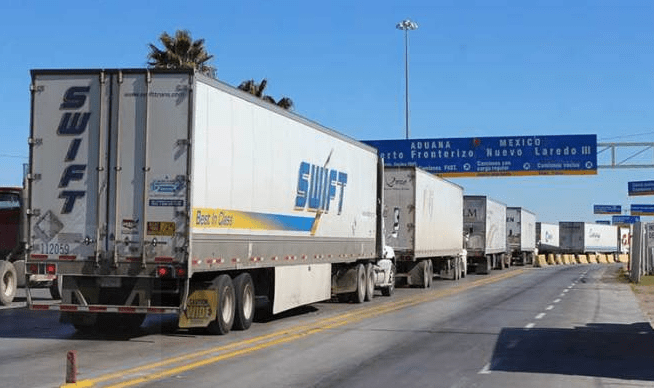In Mexico, it is necessary to hire the services of a customs broker, a customs agency or a legal representative, since the importer cannot directly process the customs clearance.
The customs broker, customs agency or legal representative of the importer, who must be a Mexican national, generates the import customs declaration and files it electronically, together with the other supporting documents.
According to World Trade Organization (WTO) references, these documents are: commercial invoice; maritime bill of lading, air waybill or transport document; and, when applicable, documents that demonstrate compliance with regulations and/or non-tariff restrictions, as well as the origin and origin of the goods in the event that preferential tariffs, countervailing duties, quotas or country of origin marking are applied.
In the case of goods that present a risk to public health and national security, as well as products of animal or vegetable origin, it is necessary to attach the documents that allow the identification, analysis and control of these goods, as well as the phyto-zoosanitary certificates.
These documents are processed through the Mexican Foreign Trade Single Window (VUCEM), which was updated in 2018 (formerly known as the Mexican Foreign Trade Digital Window -Ventanilla Digital-).
Customs Broker
Users submit information electronically, once only, to carry out import procedures and comply with the various foreign trade regulations and non-tariff restrictions (RRNA), as applicable, issued by 10 government agencies: SAT; Dirección General de Normas (DGN); SADER; SEMARNAT; SEDENA; SSA; Secretaría de Energía (SENER); Procuraduría Federal de Protección al Ambiente (PROFEPA); Instituto Nacional de Bellas Artes y Literatura de México (INBAL); Instituto Nacional de Antropología e Historia (INAH); and two regulatory agencies, Asociación Mexicana de la Cadena Productiva del Café (AMECAFE) and Consejo Regulador del Tequila (CRT).
Imports are subject to payment of a customs processing fee (DTA), which varies according to the customs regime and in some cases is calculated on the f.o.b. value of the imports.
Some imports may be exempt from payment of this fee, for example natural gas, as well as goods originating from States Parties to certain treaties or trade agreements.
![]()

